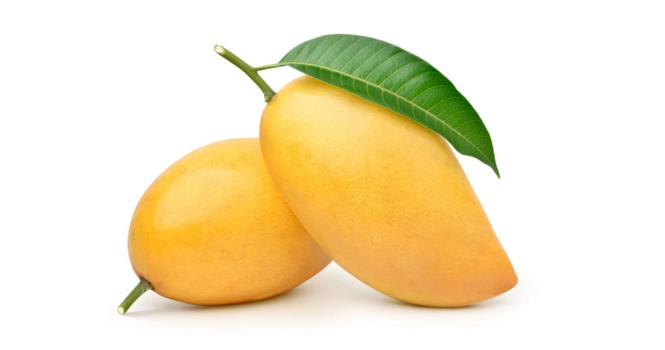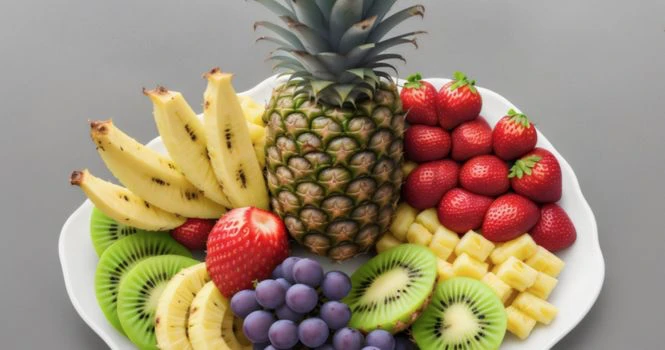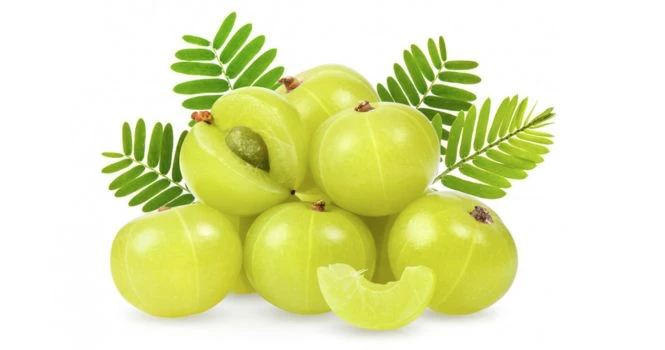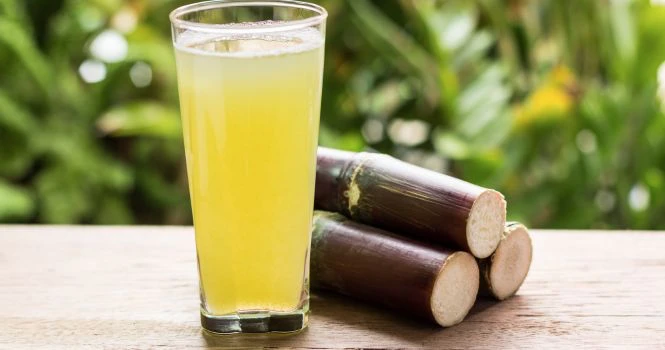Tofu: A Versatile and Nutrient-Rich Plant-Based Protein
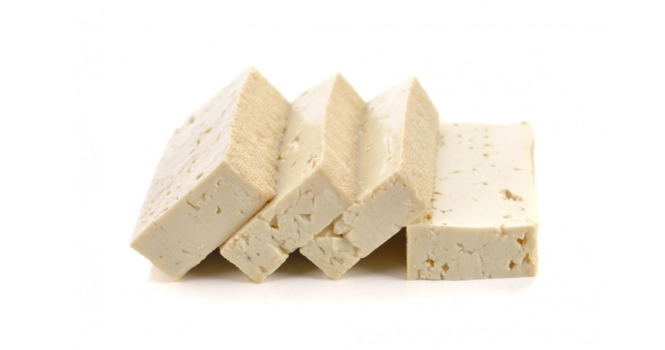
Introduction to Tofu
Tofu, often called bean curd, is a versatile and nutritious food made from soybeans. It has been a staple in Asian cuisines for centuries, valued not only for its nutritional benefits but also for its remarkable ability to absorb flavors and adapt to various culinary applications.
Origins and History
The origins of tofu are rooted in ancient China, with its history dating back over 2,000 years. Legend suggests tofu was accidentally discovered when a Chinese cook mixed nigari, a coagulant derived from seawater, with soy milk, resulting in the formation of curds. This serendipitous discovery quickly spread throughout China and subsequently to other parts of East Asia, including Japan and Korea.
It played a significant role in the vegetarian diets of Buddhist monks, which contributed to its spread across Asia. Its popularity grew due to its high protein content, making it an excellent meat substitute, and its ease of production and storage.
Cultural Significance
In East Asian countries, tofu is much more than just a food item; it’s ingrained in the culture and culinary traditions. Its versatility has led to a wide range of tofu-based dishes, each reflecting the unique flavors and cooking techniques of the region.
- China: It is integral to Chinese cuisine, with dishes ranging from simple stir-fries to complex preparations like “Mapo Tofu,” a spicy and aromatic dish combining tofu with ground meat and Sichuan peppercorns.
- Japan: In Japanese culture, it is celebrated for its delicate flavors and textures, often served in its simplest form with just a dash of soy sauce and bonito flakes or incorporated into soups like “Miso Soup.”
- Korea: Korean cuisine features it in various stews and side dishes, including “Sundubu-jjigae,” a spicy stew with soft tofu.
It’s adaptability has also led to its adoption in cuisines around the world, particularly in vegetarian and vegan dishes, where it’s prized for its protein content and ability to mimic the textures of meat.
The introduction of tofu to Western diets in the 20th century marked a significant turning point, expanding its use beyond traditional Asian dishes to innovative culinary creations, including tofu scrambles, smoothies, and even desserts.
Types of Tofu and Their Uses
It is available in a variety of textures, each suited to specific culinary applications. From silken to extra-firm, the type of tofu chosen can significantly impact the texture and outcome of a dish.
Silken Tofu
- Texture and Flavor: Silken tofu has the highest moisture content, resulting in a soft and creamy texture. It’s undrained and unpressed, which contributes to its custard-like consistency. Its flavor is subtle, making it a versatile ingredient in both savory and sweet dishes.
- Culinary Applications: Ideal for smoothies, dips, dressings, and desserts, silken tofu blends seamlessly into recipes, adding creaminess without overpowering other flavors. It’s also used in traditional Asian soups and steamed dishes.
Soft Tofu
- Texture and Flavor: Soft tofu is slightly firmer than silken tofu but still delicate and smooth. It has a mild, understated flavor, making it well-suited to absorb the tastes of accompanying ingredients.
- Culinary Applications: Soft tofu works well in gently simmered soups, like “Miso Soup,” and in soft scrambles. It can also be used in blended recipes where a bit more structure is desired compared to silken tofu.
Firm Tofu
- Texture and Flavor: Firm tofu has less moisture than silken and soft varieties, holding its shape well while still being relatively tender. It has a slightly denser texture and a more pronounced soybean flavor.
- Culinary Applications: This versatile tofu type is excellent for stir-fries, pan-frying, baking, and grilling. It can absorb marinades and sauces, making it a flavorful addition to a wide range of dishes.
Extra-Firm Tofu
- Texture and Flavor: Extra-firm tofu is the most dense and solid type of tofu, with the lowest moisture content. It has a chewy texture and a robust flavor that stands up well to strong spices and sauces.
- Culinary Applications: Due to its sturdy texture, extra-firm tofu is ideal for dishes that require significant handling, such as “Tofu Steaks,” kebabs, or any recipe where the tofu needs to maintain its shape and texture under high heat or prolonged cooking.
Specialized Tofu Types
- Smoked Tofu: Infused with a smoky flavor, smoked tofu adds a depth of taste to dishes and can be enjoyed as is or incorporated into recipes for an added flavor dimension.
- Seasoned Tofu: Pre-marinated or seasoned tofu varieties are available for convenience, offering a quick and flavorful protein option for meals.
When selecting tofu for a recipe, consider the desired texture and flavor outcome of the dish. Silken and soft tofus are best for creamy and blended preparations, while firm and extra-firm varieties excel in recipes where the tofu needs to hold its shape and absorb robust flavors.
Understanding the distinct characteristics of each tofu type allows for creative and delicious culinary explorations.
Nutritional Benefits of Tofu
It is not only a versatile ingredient in the culinary world but also a powerhouse of nutrition. Made from soybeans, it is packed with protein, essential amino acids, and a variety of vitamins and minerals, contributing to numerous health benefits.
Nutritional Content
- Protein: It is a great source of complete protein, containing all nine essential amino acids necessary for the body. Depending on the firmness, a 100-gram serving of tofu can provide about 8 to 15 grams of protein, making it an excellent protein source for vegetarians and vegans.
- Fat: It contains healthy, unsaturated fats, including omega-3 fatty acids, which are beneficial for heart health. The fat content varies with the firmness of the tofu, with firmer varieties generally having more fat.
- Carbohydrates and Fiber: It is low in carbohydrates and contains a small amount of dietary fiber, particularly in firmer types due to their higher soy pulp content.
- Vitamins and Minerals: It is rich in B vitamins, particularly folate, and minerals such as calcium, magnesium, phosphorus, and iron. Calcium and magnesium are often added to tofu as coagulants, which also boosts its nutritional profile.
Health Benefits
- Heart Health: The isoflavones in tofu can help lower LDL cholesterol levels and improve overall heart health. The unsaturated fats, particularly omega-3 fatty acids, also contribute to cardiovascular well-being.
- Bone Health: It is a good source of calcium and magnesium, essential minerals for bone health. Regular consumption can help maintain bone density and prevent osteoporosis, especially in postmenopausal women.
- Weight Management: Being low in calories and high in protein, tofu can increase satiety and help reduce overall calorie intake, making it beneficial for weight management and obesity prevention.
- Cancer Prevention: Some studies suggest that the isoflavones in tofu may reduce the risk of certain cancers, such as breast and prostate cancer, by modulating hormone levels and exerting antioxidant effects.
- Diabetes Management: The low carbohydrate content and glycemic index of tofu make it a suitable food choice for people with diabetes, helping in blood sugar management.
Its rich nutritional profile makes it an excellent addition to any diet, offering a wide range of health benefits from supporting heart and bone health to aiding in weight management and potentially reducing cancer risk.
Its versatility in cooking and the variety of types available ensure that it can be easily incorporated into daily meals, making it a staple food for health-conscious individuals.
Whether you’re following a plant-based diet or simply looking to diversify your protein sources, tofu provides both nutritional value and culinary diversity.




